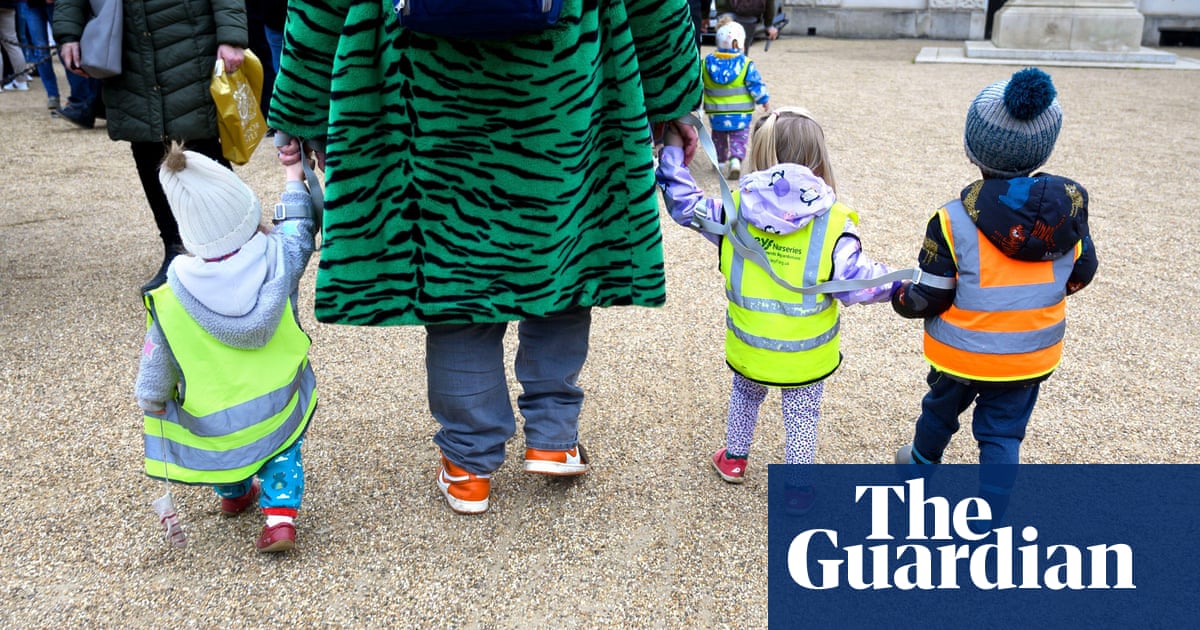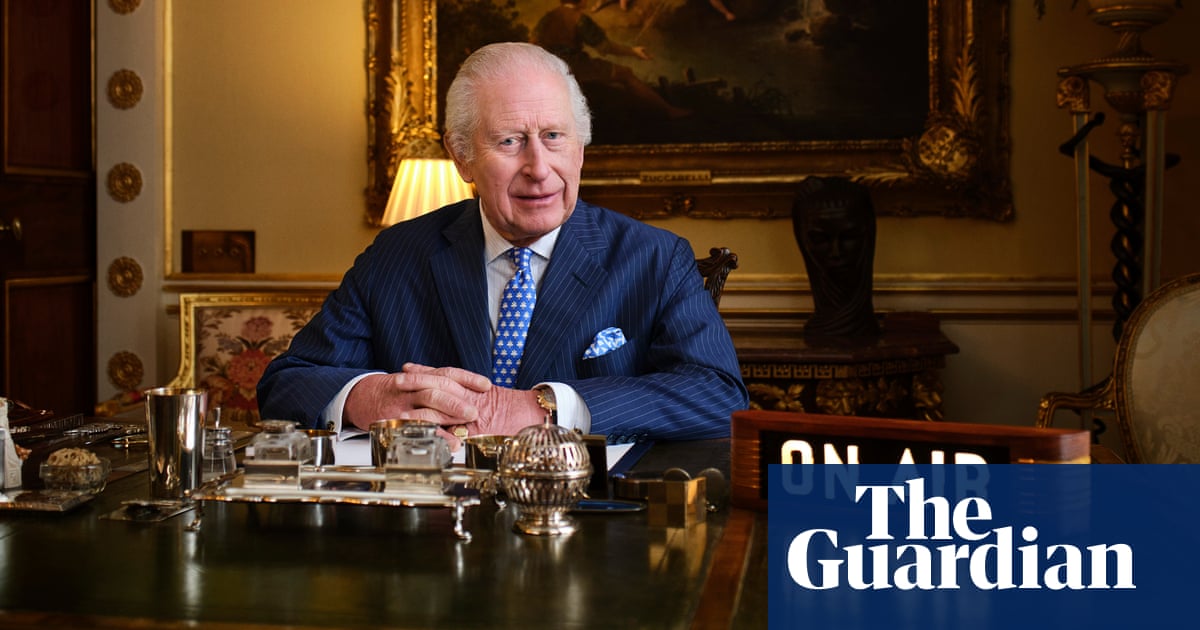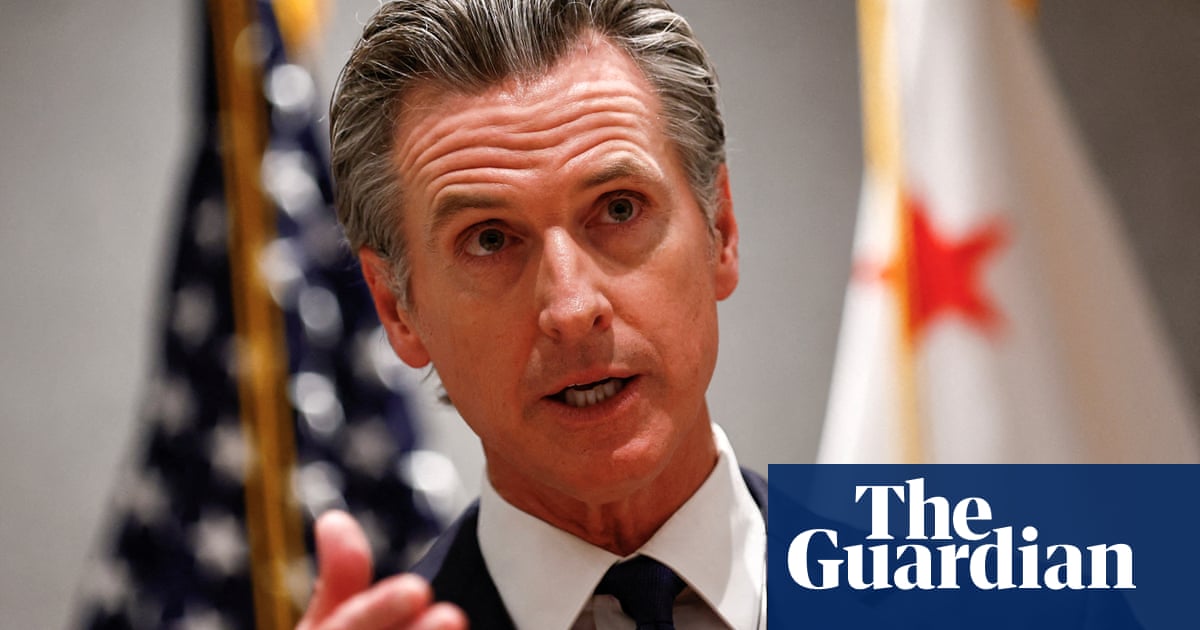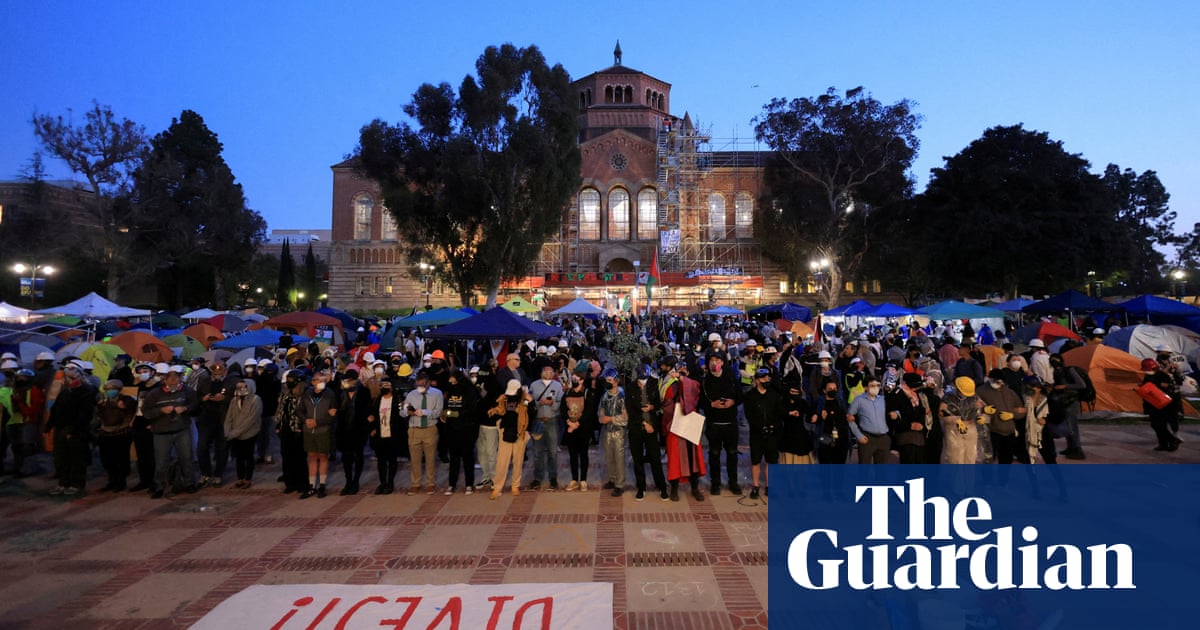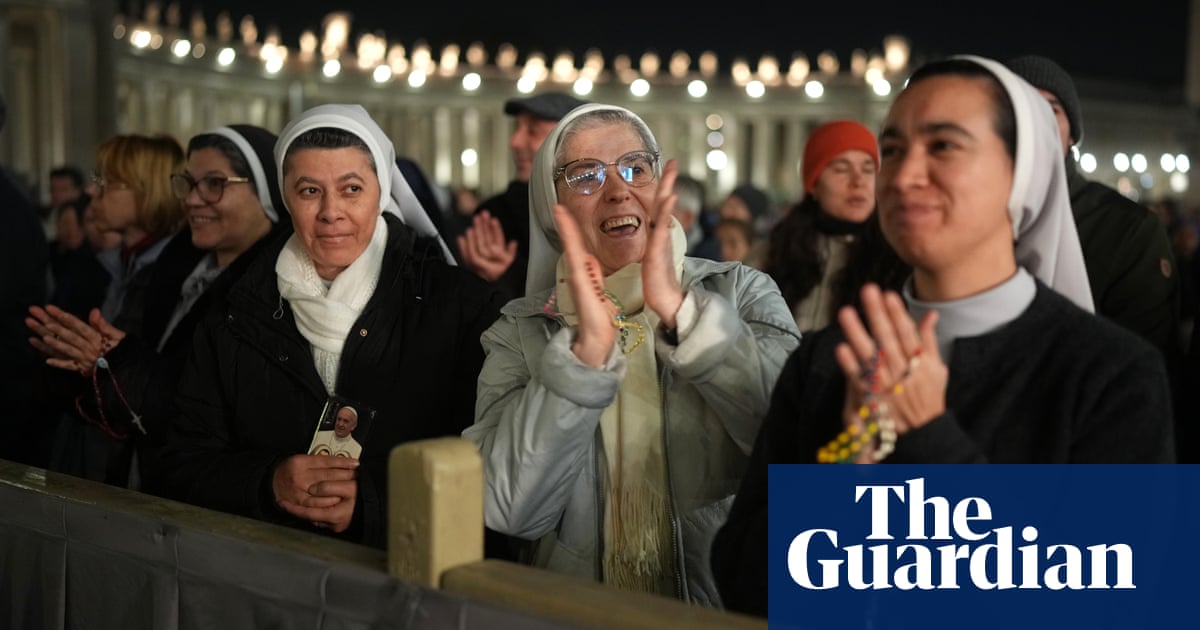The president of the United States does not normally tweet, as he did last week, about football fans fighting in a European city. But as reactions to the violence in Amsterdam have shown, this was no ordinary outburst of football hooliganism, but another polarising moment in the debate about antisemitism.
The trouble in Amsterdam after the Europa League game between Ajax and Maccabi Tel Aviv was not even a traditional fight between rival football fans. I’ve been watching football since the 1970s and, like many others, have become attuned to the bizarre subculture of football violence.
Maccabi Tel Aviv fans have a poor reputation in Israeli football and the behaviour of some of their number before the match in Amsterdam shows why. According to police, fans tore down a Palestinian flag and burned it, shouting, “Fuck you, Palestine”, attacked a taxi, and vandalised others.
After the match, however, events took a very different turn. In the city centre far from the stadium, what the mayor, Femke Halsema, has described as violent “hit and run” attacks on Israeli supporters by groups of local people took place. These were not football fans engaging in the usual inter-hooligan punch-ups, but rather a coordinated series of antisemitic assaults. Messages on Telegram and WhatsApp called for a “Jew hunt”. Taxi drivers allegedly used their apps to locate targets. Random people were stopped in the street and ordered to produce their passports to prove whether they were Israeli.
The trouble in the city has continued into this week, long after the Israeli fans have departed. On Monday night, a tram was set on fire by groups armed with sticks and firecrackers. In Berlin, a Jewish youth team was reportedly chased off the pitch by a knife-wielding mob shouting “Free Palestine” and “Fucking Jews”.
The official report by Amsterdam authorities concluded that the trouble was “a toxic cocktail of antisemitism, football hooliganism and anger over the war in Palestine and Israel and other parts of the Middle East”. Looking at the reactions to these events, it seems that many people are seeing only the ingredient in that cocktail that confirms their worst fears, or reinforces their prejudices.
Some have described the events in Amsterdam as a pogrom. The sight of Jews in a European city being asked for their papers before getting beaten to the ground, in the city of Anne Frank, no less, sends the chill of history down the spine. Holocaust survivors are fewer in number, but their children and grandchildren, now adults themselves, live in the shadow of what happened to their own families.
You may think this is an overreaction. In the most notorious pogrom of all, in Kishinev in 1903, 49 Jews were killed, more than 500 injured and about 2,000 left homeless. The violence in Amsterdam was on such a lesser scale that calling it a pogrom feels misleading, as if it diminishes the horror of that older history; but I wonder whether focusing on such detail risks missing the wood for the trees. Amsterdam carried a whiff of those times, as if the spirit of the pogrom is stirring deep in the soul of Europe. There is genuine alarm among European Jews who have been battered by more than a year of violent and rhetorical attacks on their communities, and soaring online hate. In the past decade Jews have been murdered in France, Denmark and Belgium, so this is no idle fear.
Debate over whether the violence towards the Maccabi fans in Amsterdam was antisemitic or “merely” anti-Israel is of no practical consequence, given how readily those categories are blended by the people leading the assault on European Jewish life. The rioters in Amsterdam described their victims variously as Jews, Zionists and Israelis as they attacked them, as if to remind us all that violent mobs care little for academic distinctions. Meanwhile, the far-right politician Geert Wilders was quick as ever to exploit the incident as a platform for his own divisive, anti-Muslim views, to the benefit of neither Jews nor Muslims.
Some pro-Palestinian voices have preferred to focus on the racist thuggery of Maccabi Tel Aviv fans, as if this negates any need to acknowledge the antisemitism that emanates from parts of their own movement. Social media posts and YouTube videos push a narrative of equivocation, of they-had-it-coming, of what did you expect to happen when racist genocidal Israelis come to Europe? Naturally they do not extend the same dubious understanding in the opposite direction. Only a fool or a knave would truly believe that the racism of Maccabi Tel Aviv fans, or the violence of their assailants, justifies or excuses the other.
It’s a reminder that this issue has greater polarising, and radicalising, potency than any other. It should be possible to campaign for Palestinian freedom, condemn racist Israeli football fans, and still show genuine, unequivocal solidarity with European Jews who are once more being squeezed out of public life. If antisemitism is a sign of a deeper malaise then red lights are flashing all over Europe, but it seems that after more than a year of death and destruction in the Middle East, too many people have closed their eyes to what is happening within our own lands.
-
Dave Rich is director of policy at the Community Security Trust and the author of Everyday Hate: How Antisemitism is Built into Our World – And How You Can Change it
-
Do you have an opinion on the issues raised in this article? If you would like to submit a response of up to 300 words by email to be considered for publication in our letters section, please click here.

.png) 3 months ago
29
3 months ago
29


